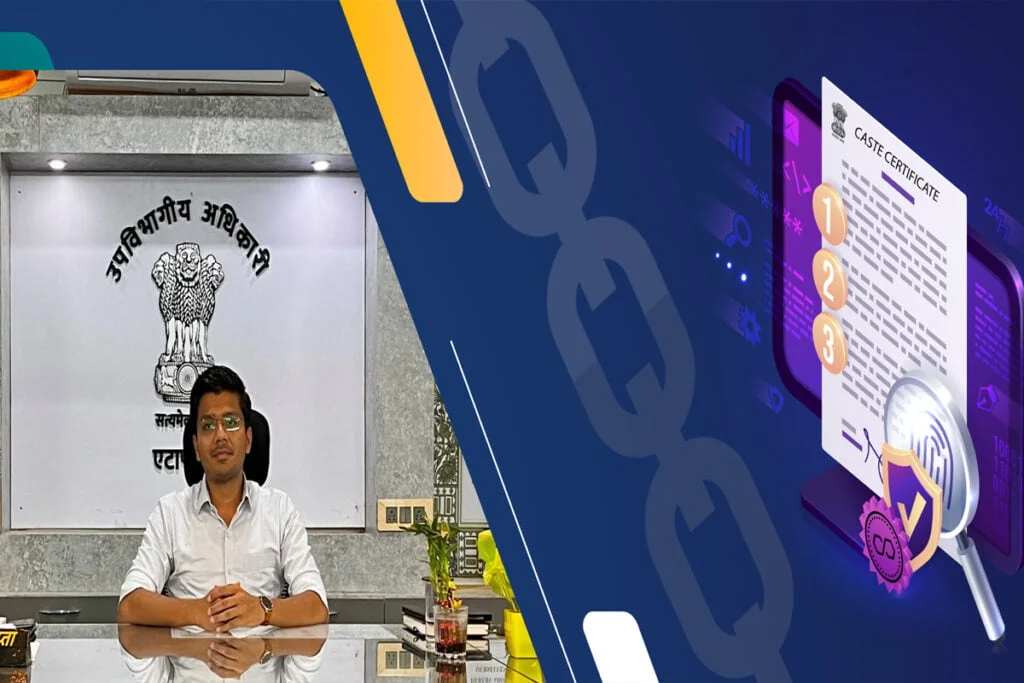Gadchiroli, a district in Maharashtra, has launched a pilot project to issue caste certificates using the Polygon blockchain platform, which enables instant and tamper-proof verification.

Traditional identity verification systems are susceptible to forgery and abuse.
The project gives safe and clear caste certificates to Gadchiroli’s tribal people, who need them for government aid.
The project is underway in the Etapalli sub-division of Gadchiroli district, which has a predominantly Scheduled Tribe population, including particularly vulnerable tribal groups such as Madia and Gond.
The innovation entails two key decentralized applications (DApps): an issuance DApp managed by the district administration and a verification DApp built on public blockchains.
How does it work?
The issuance DApp uses caste certificate information generated by the MahaOnline portal, the existing platform for caste certificate issuance in Maharashtra.
It then generates unique hash codes derived from the data set of the certificate, which are then uploaded to the Polygon blockchain. The DApp also generates a QR code containing the blockchain proofs attached to the original caste certificate.
The blockchain-enabled caste certificate is then distributed to citizens via common service centers (CSCs), which are operational across all villages.
The verification DApp, hosted on the Gadchiroli district administration website, allows for immediate authentication of the caste certificate.
The process requires just a simple scan of the QR code.
In this system, tampered QR codes have no effect. The system detects a mismatch between the verification portal and the fake certificate when someone passes a valid QR code onto it.
This novel approach provides caste certificates whose authenticity is guaranteed by blockchain technology. The project simplifies caste certificate procedures by ditching paper records and manual checks.
It also showcases how Maharashtra embraces innovation and digital transformation in its public services.
